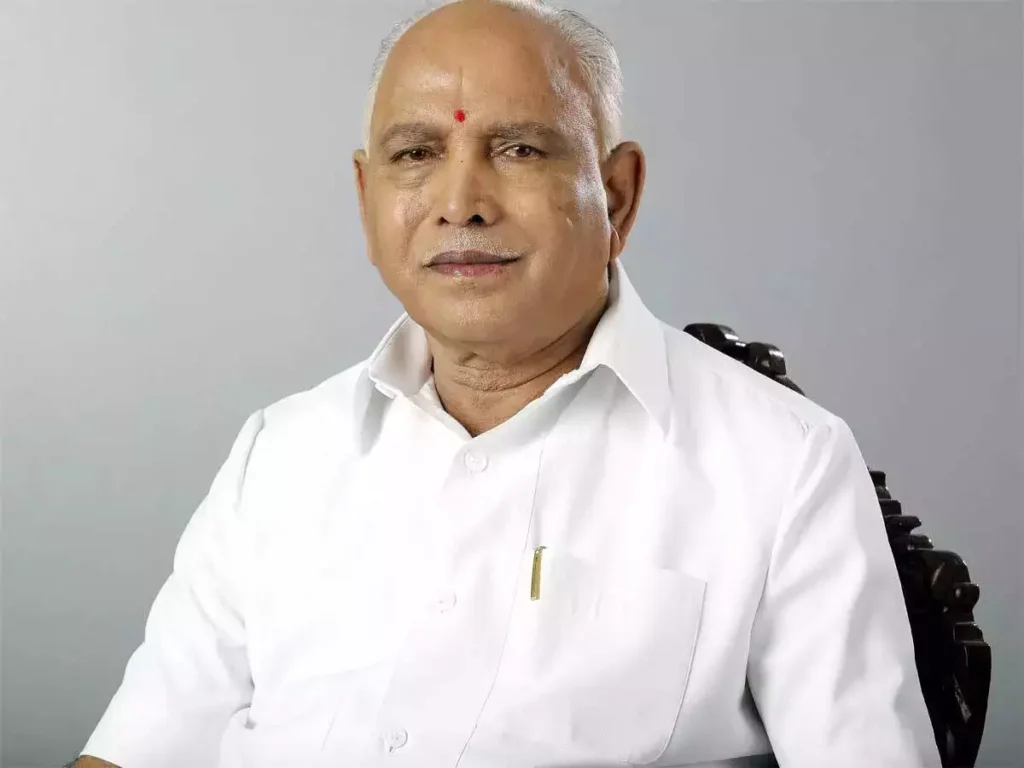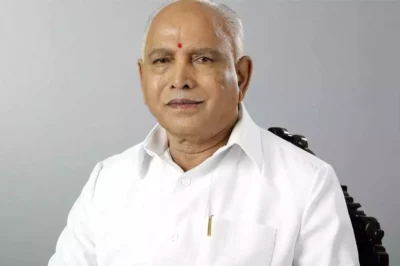
Legal Battle Intensifies for Former Karnataka CM
Background of the Case
The legal saga involving former Karnataka Chief Minister B.S. Yediyurappa took a significant turn when the Supreme Court reserved its verdict on his plea challenging the revival of a corruption case against him. The Karnataka High Court had previously reinstated a complaint filed by Bengaluru-based activist A. Alam Pasha, alleging corruption and criminal conspiracy involving Yediyurappa, former Industries Minister Murugesh R. Nirani, and Shivaswamy K.S., the former managing director of Karnataka Udyog Mitra.
Chronology of Legal Proceedings
The controversy traces back to April 2012 when Pasha filed a complaint with the Bengaluru Lokayukta, accusing Yediyurappa and others of misusing their positions to release over 24 acres of government-acquired land in north Bengaluru to private individuals, causing a loss to the state exchequer. The initial complaint was dismissed in 2013 due to lack of prior sanction for prosecution. A subsequent complaint in 2014 faced a similar fate in 2016, with the court citing the absence of necessary sanctions. However, following the demission of office by the accused, Pasha filed a fresh complaint, leading to the High Court’s decision in January 2021 to revive the case.
Supreme Court’s Intervention
Yediyurappa challenged the High Court’s order, leading to the Supreme Court’s involvement. The apex court issued notices to the Karnataka Lokayukta police and other respondents, seeking their comments on Yediyurappa’s appeal. A bench comprising Chief Justice N.V. Ramana and Justices Krishna Murari and Hima Kohli deliberated on crucial legal questions, including the necessity of prior sanction under Section 17A of the Prevention of Corruption Act after a judicial magistrate orders a probe under Section 156(3) of the Code of Criminal Procedure.
Political and Legal Ramifications
The case has significant political and legal implications. The Karnataka government’s decision to reopen corruption and money laundering cases against Yediyurappa and his family members adds a layer of complexity to the ongoing legal proceedings. The cabinet’s recommendation to the Governor to review the petition filed by activist T.J. Abraham, which was previously rejected, underscores the state’s intent to pursue the case.
Public and Political Reactions
The revival of the corruption case has elicited varied reactions from the public and political spheres. Supporters of Yediyurappa view the proceedings as politically motivated, while opponents argue that it is a necessary step toward accountability. The case has become a focal point in Karnataka’s political discourse, influencing public opinion and potentially impacting future elections.
Anticipated Outcomes
The Supreme Court’s forthcoming verdict will be pivotal in determining the trajectory of the corruption case against Yediyurappa. A decision in favor of the former CM could lead to the quashing of the charges, while an adverse ruling might result in the continuation of legal proceedings. The verdict will also provide clarity on the interpretation of legal provisions concerning the prosecution of public servants post their tenure.
Conclusion
The legal proceedings against B.S. Yediyurappa represent a significant chapter in Karnataka’s political and legal history. As the Supreme Court deliberates on the revival of the corruption case, all eyes are on the impending verdict, which will have far-reaching implications for the state’s political landscape and the legal framework governing the prosecution of public officials.









































Leave a Reply